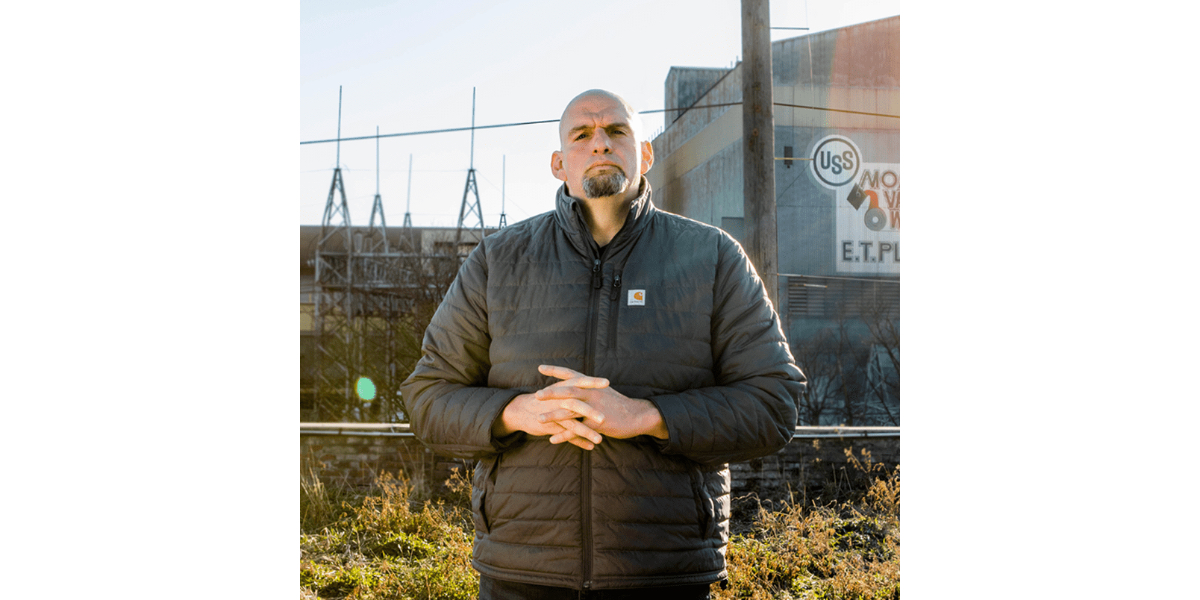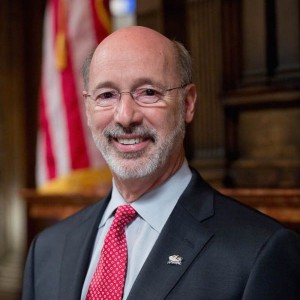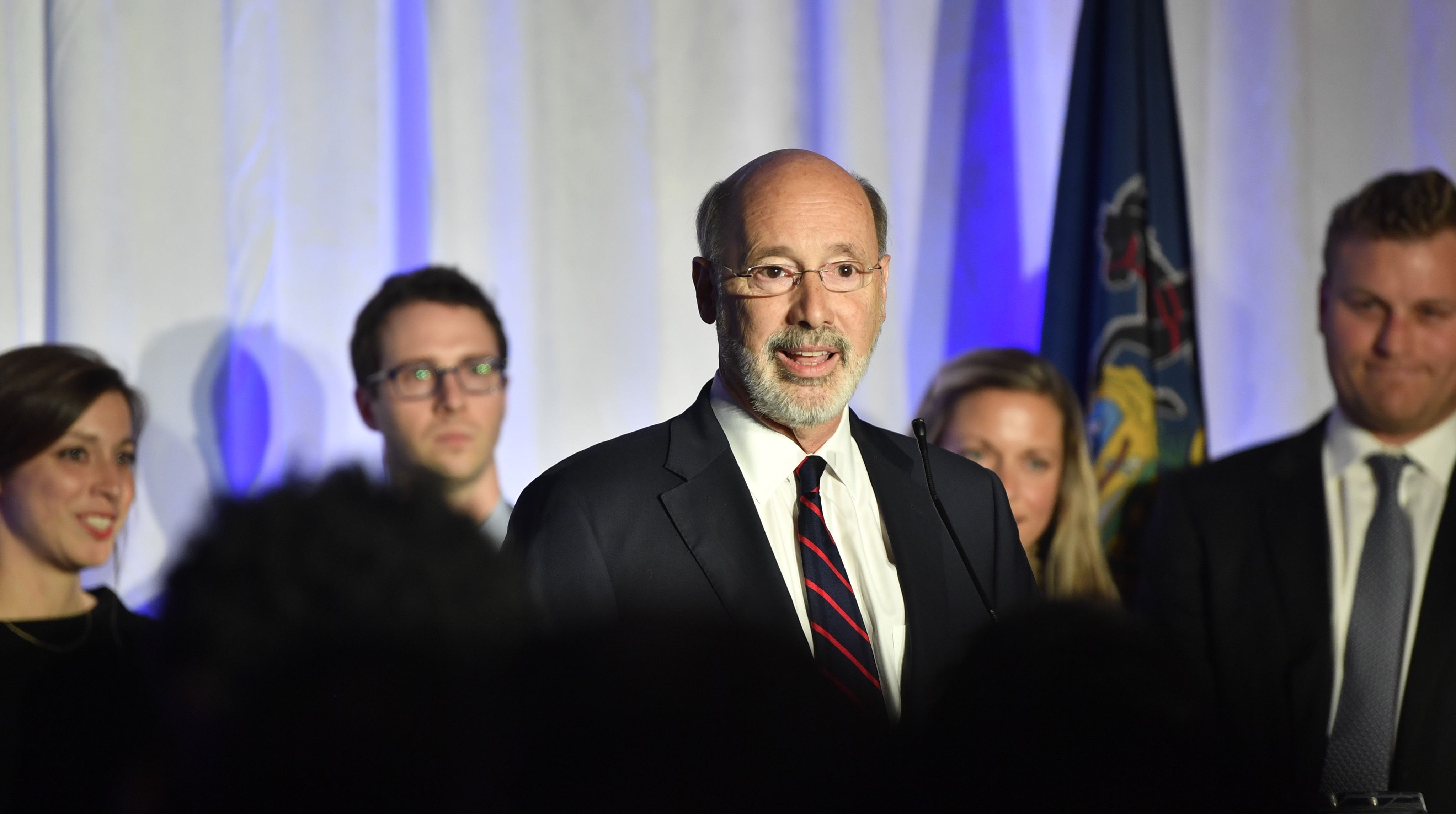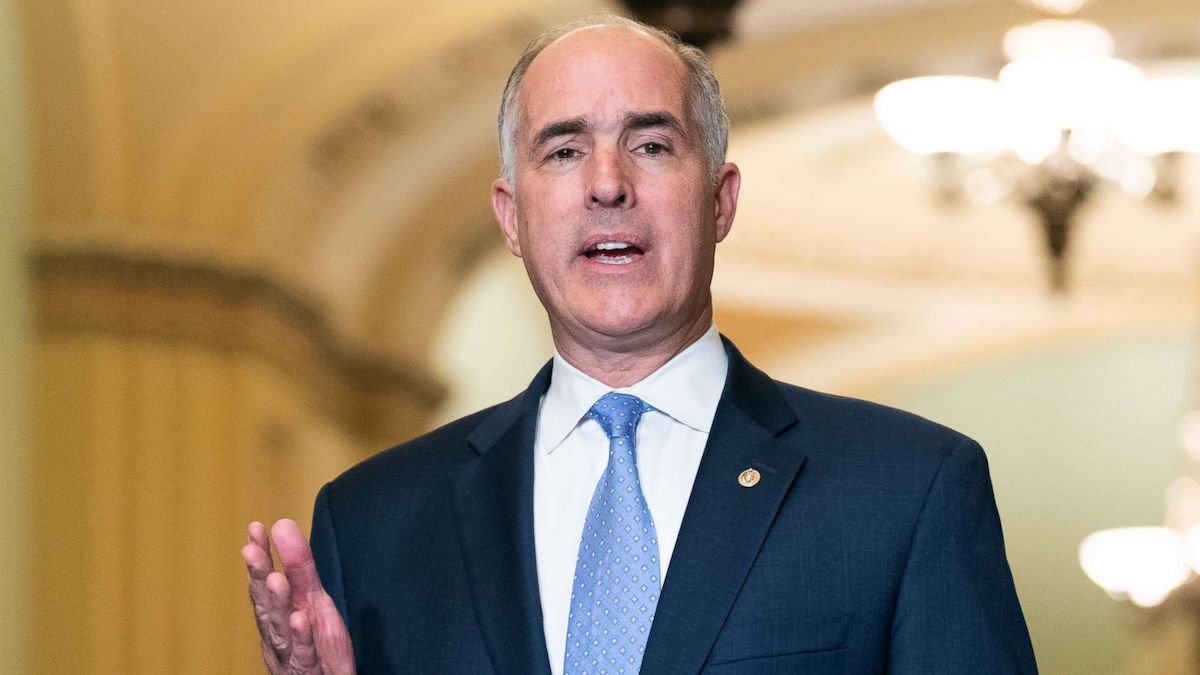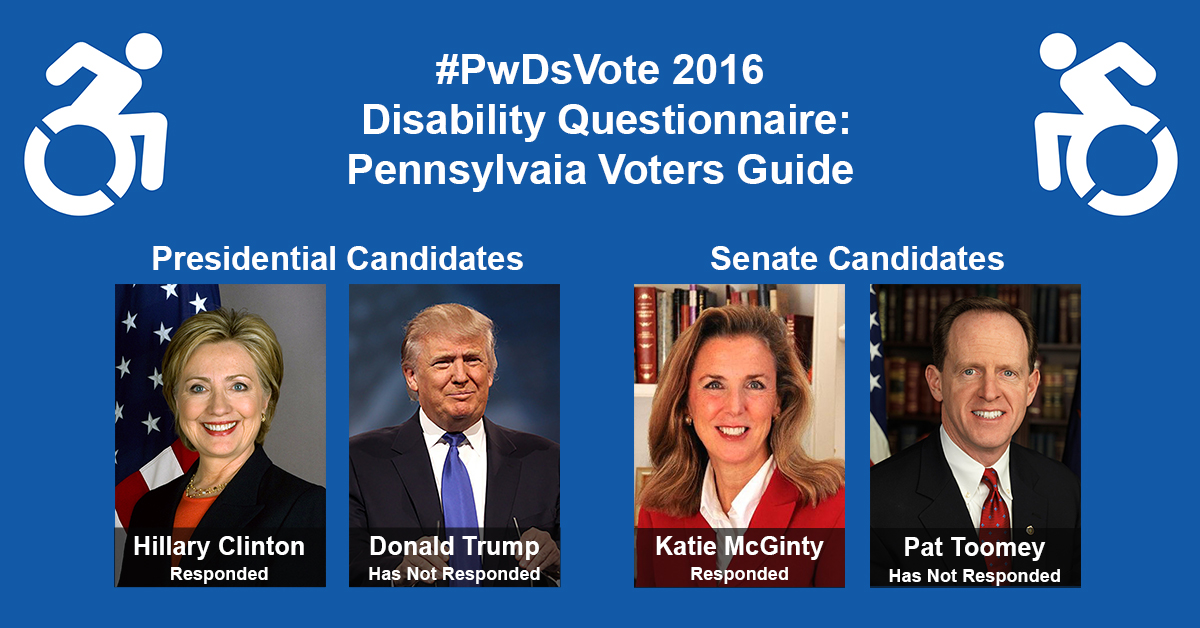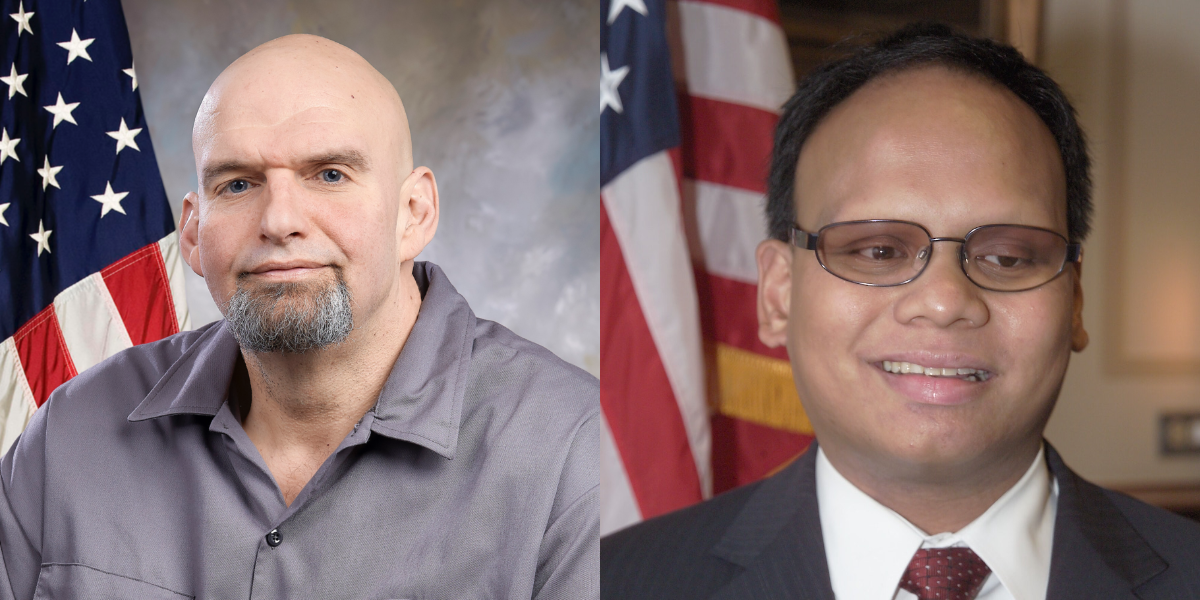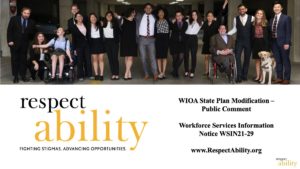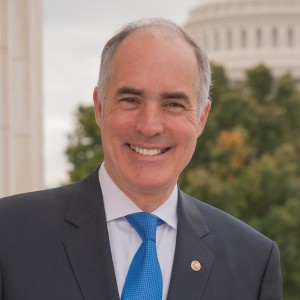 Philadelphia, Pennsylvania, Nov. 6 – Democratic Sen. Bob Casey, Jr., successfully defended his seat against Republican challenger Lou Barletta, who had hoped to unseat Casey in Pennsylvania.
Philadelphia, Pennsylvania, Nov. 6 – Democratic Sen. Bob Casey, Jr., successfully defended his seat against Republican challenger Lou Barletta, who had hoped to unseat Casey in Pennsylvania.
Earlier this campaign season, Casey completed a disability issues questionnaire for Senate and gubernatorial candidates put out by RespectAbility, a nonpartisan, nonprofit national organization working to end stigmas and advance opportunities for people with disabilities. The questionnaire included 10 questions on topics important to people with disabilities and those close to them. Despite repeated requests to his campaign, Barletta did not respond to the questionnaire.
More than 1.7 million Pennsylvanians live with a disability. That total includes people who are blind or deaf or have other visible conditions such as spinal cord injuries, as well as people with invisible disabilities including learning disabilities, mental health or Autism.
In responding to the questionnaire, Casey noted his efforts in blocking House-passed legislation, the Americans With Disabilities Education and Reform Act. “If passed,” Casey said, the legislation “would have gutted Title III of the Americans With Disabilities Act and removed the incentives for those providing services to the general public to make those services accessible for people with disabilities.”
“While employment, education, health care, and other key policies are critical to reaching the goals” of the Americans with Disabilities Act, he added, “protecting the civil rights of people with disabilities is primary and the House bill took direct aim at the rights of people with disabilities.”
With 64.5 percent of Pennsylvania’s 909,897 working-age people with disabilities out of work, employment is one area of high importance. There are reasons to optimistic. Last year, 6,993 Pennsylvanians with disabilities got new jobs and the year before that saw 13,763 people with disabilities getting new jobs. Pennsylvania currently ranks 31st in employing people with disabilities compared to the rest of the country. However, often there is an issue where if one makes too much money, they lose their ability to have any assistance – including a personal care assistant who may be necessary for an individual to live independently and then be able to be employed.
Casey noted that he was “the primary Senate author of the Stephen Beck A Better Life Experience (ABLE) Act in 2014, making it possible for people who acquire their disability before age 26 to open a savings account that allows them to save up to $15,000 a year up to a total of $100,000 and not lose their federal disability benefits… Since its passage, 39 states have created ABLE account programs, making it possible for people with disabilities to save for education expenses, begin small businesses, put away money for a car, or purchase a home.”
Pennsylvania is home to innovative programs for people with disabilities. Located in Bryn Mawr, JCHAI is a multi-faceted organization with cutting-edge inclusive, supportive vocational programs and living options for people with a range of disabilities. Across the state Project SEARCH offers school-to-work opportunities for youth with intellectual and developmental disabilities to enter the competitive workforce. Project SEARCH is a unique, employer-driven transition program that prepares students with disabilities for employment success. From serving seniors to opening pathways into healthcare careers, these opportunities are having transformative impacts on the lives of young people with disabilities. In diverse places such as UPMC Mercy Hospital in Pittsburgh, Wellspan Hospital in Gettysburg, Good Shepherd Rehabilitation Network in Allentown and at Drexel University, young Pennsylvanians with disabilities are receiving the training, experience and skills they need to succeed.
While Casey’s answers are extremely thorough in detailing policy toward full inclusion and equity for people with disabilities, Casey also works to ensure he practices what he preaches. His office has hired employees with disabilities and has worked with the Senate Democratic Diversity office “to create a database of people with disabilities interested in working in Senate offices both in Washington, D.C., and in the state offices.” By employing people with disabilities, Casey, and other Members of Congress, can become more informed about how different policies affect individuals with disabilities in a real way and ensure that people with disabilities are included throughout the entire process.
The full text of RespectAbility’s questions and Sen. Casey’s responses follows:

